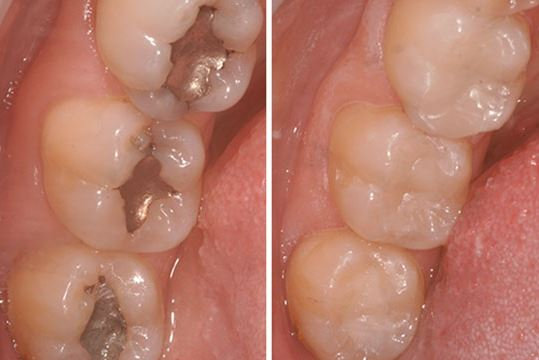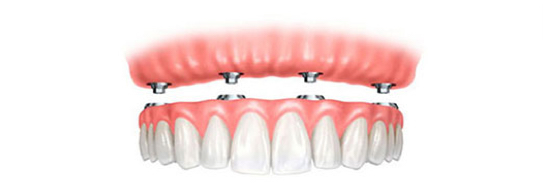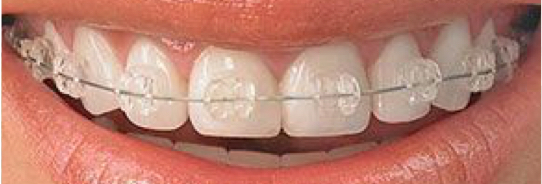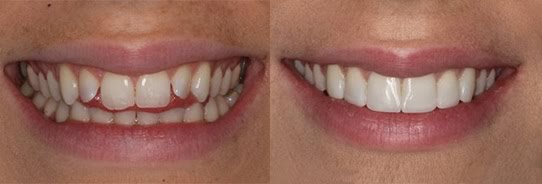
Blog
We post all the latest information here regularly so it's always up to date for you. If there is a topic you would like to have us cover please ask.
24 April 2018
Gum Disease Linked to Alzheimer’s

A recent Taiwanese study conducted by researchers at the Chung Shan Medical University has discovered gum disease and Alzheimer's disease may in fact be connected. The report found that people suffering from gum disease were 70% more likely to develop dementia and people with a 20 year history of chronic periodontitis, a form of persistent gum disease that can leads to bone loss, were at a significant risk of developing Alzheimer's.
The Taiwanese study involved over 9,000 patients who had recently been diagnosed with chronic periodontitis were compared to over 18,000 patients who didn't have any gum disease over a decade. Of those involved, 115 people with gum disease had developed Alzheimer's disease, compared to the larger group without gum disease - 208 had since developed Alzheimer's.
According to James Pickett, head of research at the Alzheimer’s Society, “Although at first it does not seem obvious that gum disease could be linked to brain health, it is plausible that an immune reaction triggered by the gum disease could make its way to the brain and contribute to the development of dementia."
This is the latest large-scale research project to come on the back of mounting healthcare advice about how our wider health can be influenced by the health of our mouths. A smaller study conducted by Kings College London and the University of Southampton involving 59 patients found mild to moderate levels of Alzheimer's. We also now know that inflammation as a result of prolonged dental issues has been found to increase the risk of heart attacks and stroke.
Your Health And You
- Eat a healthy and balanced diet
- Get regular physical and mental exercise
- Don’t smoke, and drink alcohol in moderation
- Keep your blood pressure and cholesterol low
How To Prevent Gum Disease
- Brush twice a day using a soft-bristled toothbrush
- Floss between each tooth, gently moving the floss under the gum line
- Used a fluoride toothpaste and mouthwash
- Eat foods rich in calcium, such as sugar-free yogurt, cheese and milk.
- Where possible, cut down on sugary snacks, treats and drinks
- Cut down or quit smoking































